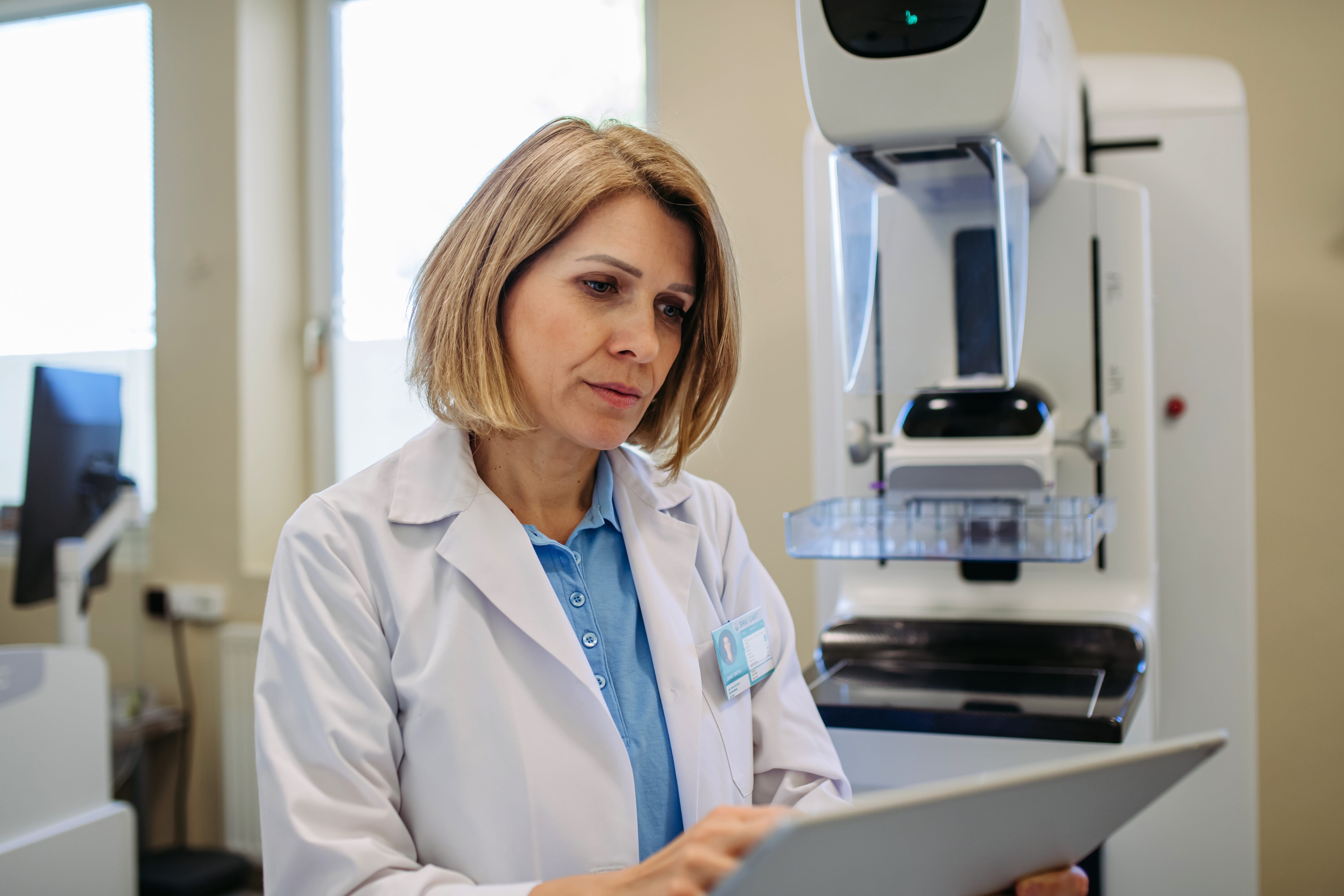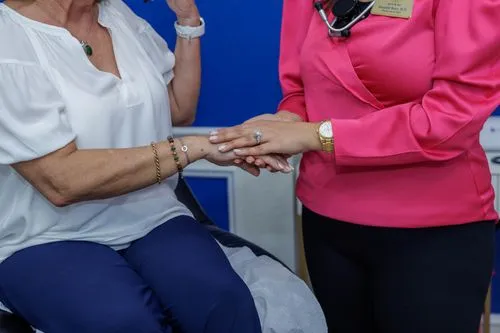Women’s Preventive Health Screenings by Age: What You Should Know

Preventive health care plays a vital role in helping women maintain wellness and detect potential health issues early. Regular screenings and checkups can identify risks before they develop into serious conditions, making it easier to manage or prevent diseases. Knowing what screenings are recommended at different stages of life empowers women to take charge of their health and make informed decisions.
The Importance of Preventive Screenings
Preventive screenings are not just for when you feel unwell. They are essential for detecting silent conditions like high blood pressure, diabetes, and certain cancers that often have no symptoms in the early stages. By following an age-based screening schedule, women can work with their healthcare providers to create a plan that supports long-term health and well-being.
Screenings in Your 20s
In your 20s, establishing a relationship with a primary care provider and setting healthy lifestyle habits is key. Annual checkups should include blood pressure monitoring, cholesterol checks if risk factors are present, and discussions about mental and reproductive health.
Pap smears for cervical cancer screening are recommended starting at age 21 and should continue every three years if results are normal. Women who are sexually active should also be tested regularly for sexually transmitted infections (STIs).
Maintaining a balanced diet, exercising regularly, and scheduling routine visits to your healthcare provider during this stage sets the foundation for a lifetime of good health.
Screenings in Your 30s
During your 30s, the focus on prevention continues with regular cervical cancer screenings, and depending on risk factors, your provider may recommend adding HPV testing. Blood sugar checks may begin if you have a family history of diabetes or other risk factors.
This is also a good time to start monitoring skin health, as early detection of changes can prevent more serious concerns later. Breast exams are encouraged, and women with a family history of breast cancer may need earlier imaging or genetic counseling.
Mental health evaluations, discussions about family planning, and thyroid function tests can also become part of your preventive routine.
Screenings in Your 40s
As women enter their 40s, new screenings become more important. Mammograms for breast cancer typically begin around age 40, though some women with higher risks may start earlier. Annual or biennial mammograms can help detect breast cancer early when treatment is most effective.
Blood pressure, cholesterol, and diabetes screenings continue during this time, as metabolic changes become more common. Women should also consider regular eye exams, especially if they have vision concerns or health conditions like diabetes.
Colorectal cancer screening may start in the mid to late 40s depending on personal and family history. Maintaining bone health through diet and exercise also becomes more important during this decade.
Screenings in Your 50s and Beyond
After age 50, preventive screenings become even more crucial. Mammograms and colon cancer screenings remain key parts of women’s preventive care. Bone density tests are typically recommended around menopause to detect osteoporosis.
Women should continue having blood pressure, cholesterol, and diabetes tests at least annually. Depending on personal and family history, screenings for heart disease or certain cancers may also be advised.
Hearing and vision exams are recommended regularly, as age-related changes become more noticeable. Staying up to date on vaccinations, including the shingles and flu vaccines, also helps maintain health and prevent complications.
The Role of Your Primary Care Provider
Having a trusted primary care provider ensures that all your screenings and preventive measures are coordinated and up to date. Your provider helps track changes in your health over time, recommends screenings based on your age and risk factors, and supports you in making lifestyle choices that promote wellness.
Schedule Your Primary Care Follow Up & Chronic Care in Coral Springs, FL
Taking care of your health starts with understanding your body’s needs at every stage of life. At KKaur MD, we provide comprehensive women’s health services, including preventive screenings and personalized care plans. Schedule your appointment today for Primary Care Follow Up & Chronic Care in Coral Springs, FL and take an active step toward lifelong wellness.
Read More Blogs!
Stay updated with the latest blog posts and engage with our community.






